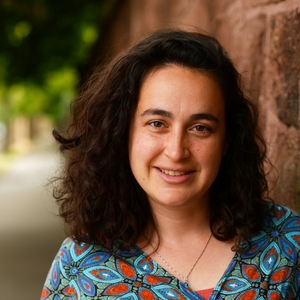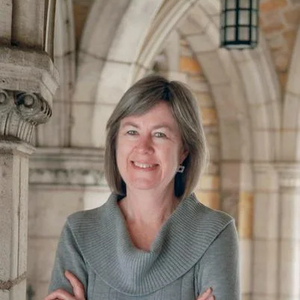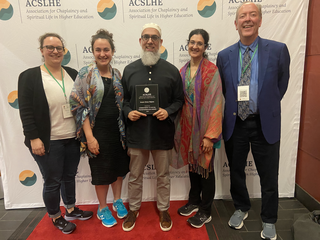What chaplains do:
Chaplains serve the religious, spiritual, and emotional needs of a community. The goal of chaplaincy is to walk alongside community members as they navigate their relationship to faith, meaning making, and the joy and grief that make us human.
Our work calls on us to create spaces for contemplation, offer care and radical hospitality, and to build community among students, staff, and faculty alike. Chaplains are also committed to fostering respect and mutual understanding among people of different faiths and cultures. We seek to support our community by facilitating discussion of religious, ethical and spiritual topics, and by supporting religious and spiritual communities on campus.
If you want to set up an appointment with a chaplain, all conversations are private and confidential. While chaplains are trained pastoral care givers, they are not licensed mental health providers. And while they can direct you to the appropriate mental health resources, chaplains are not able to provide immediate or long-term mental health care.
In their role as spiritual counselors, chaplains do not have reporting responsibilities around sexual assault or misconduct. This means that chaplains can be a resource to discuss an incident and how you would like to respond to it.


